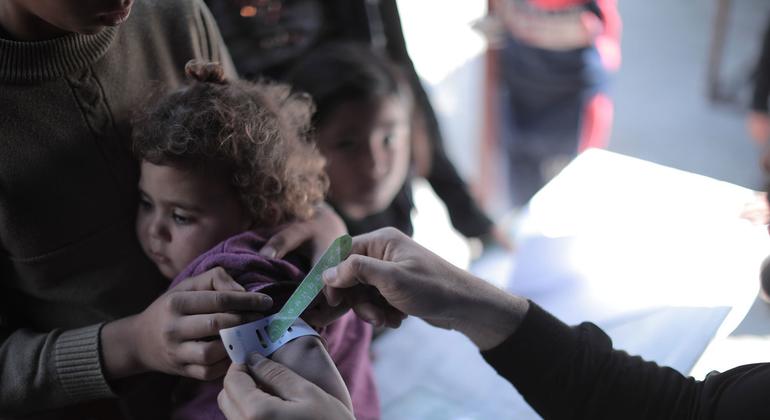As Israeli airstrikes continue in the Gaza Strip, the humanitarian situation is deteriorating alarmingly, with a significant increase in hunger and an imminent risk of disease spread. Philippe Lazzarini, Commissioner-General of the UN Agency for Palestinian Refugees (UNRWA), has warned that Gaza is experiencing the longest period without humanitarian aid since the conflict began, with over three weeks passing without the receipt of supplies.
Lazzarini, in a message posted on the social media platform X, stated that “humanity is at its darkest hour.” In times of relative calm, between 500 and 600 aid trucks used to enter daily, but currently “nothing is coming through,” leaving many families in despair. Reports reveal that parents are struggling to find food for their children as food prices soar.
The situation has become particularly dire, as evidenced by last week’s figures, considered the deadliest since the conflict began, with over 500 deaths, including women, children, and eight UNRWA workers. Since then, more than 140,000 people have been displaced, forced to seek safety in an increasingly insecure environment. Lazzarini has issued an urgent call to lift the siege, reopen entry points to allow for the normal flow of humanitarian and commercial aid, release hostages, and stop the airstrikes.
Furthermore, the UN Office for the Coordination of Humanitarian Affairs (OCHA) has noted the worsening conditions, reflecting that the bombing environment drastically limits humanitarian personnel operations. In its latest update, OCHA warned that aid supplies are running out and several ambulance teams have been hit while trying to rescue the injured.
Displacement orders have increased alarmingly, currently affecting 18% of Gaza’s territory. OCHA highlighted that the newly displaced urgently need food, water, medicine, and shelter. Meanwhile, tens of thousands of tents and hundreds of thousands of shelter items remain stockpiled, awaiting entry into the region.
The World Food Programme (WFP) has expressed concern about the risk of hunger and malnutrition for hundreds of thousands of Gazans, emphasizing that humanitarian reserves are depleting in the absence of new aid. Similarly, the World Health Organization (WHO) has warned about the crisis in Gaza’s healthcare system, insisting on the urgent need to replenish essential medical supplies, which are rapidly depleting due to the increase in trauma and severe injury victims.
In summary, the situation in Gaza is critical, with an increasingly hostile environment hindering access to vital aid and compromising the safety of the civilian population. The international community faces the urgent challenge of acting to mitigate this growing humanitarian crisis.
via: MiMub in Spanish










